Trans people are not killed simply because of the actions of one individual perpetrator. We are trapped in a web of violence by legislation and institutions, like the criminalization of gender-affirming healthcare and the false narratives about trans youth. For Indigenous communities, the legacy and ongoing violence of colonization adds a deeper layer to anti-trans violence.
Native communities are varied, with unique histories, customs, and belief systems. Each has a different relationship with the U.S. government and each has different understandings of gender. While we say trans and Two-Spirit as umbrella terms for gender variance, we acknowledge that true representation of specific nations and tribes requires further attention paid to the language and beliefs of each. For example, the Navajo Nation uses the word nádleehí. As a result, much of our data is aggregated from reports about people who have self-identified as trans and/or Two-Spirit.
The lack of reporting and knowledge about the plight of trans and Two-Spirit people in Native communities is one way that violence persists in such communities. Just as many have been led to believe that Native people are relics of the past, trans and Two-Spirit Native people have been erased as if they never existed in the first place.
Gender-variant Indigenous people predate the United States. Many had important roles to contribute to their society. In Hawai’i, they were healers and teachers called māhū. To this day, Native trans and Two-Spirit people are preserving their ancestral customs and protecting the planet from destruction. Indigenous communities are planting the seeds for ecological healing.
This stories below are part of a collaboration with them highlighting systemic violence and barriers that Indigenous trans, Two-Spirit, and gender-variant Pasifika people face — and the movements to overcome them.
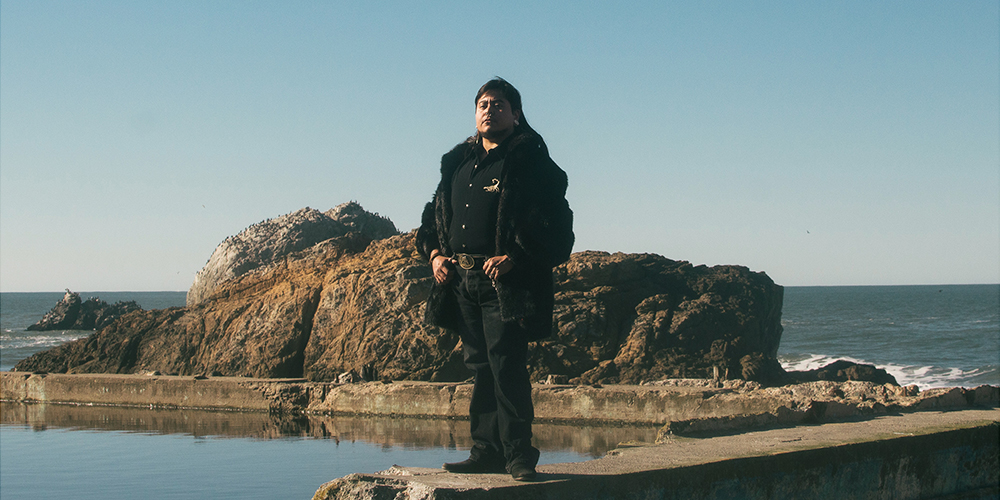
Indigiqueer Histories
Long before conversations about pronouns, gender-affirming healthcare, and trans-inclusive media representation began, gender-variant people in Native communities have been healers, historians, teachers, nurturers, and artists.
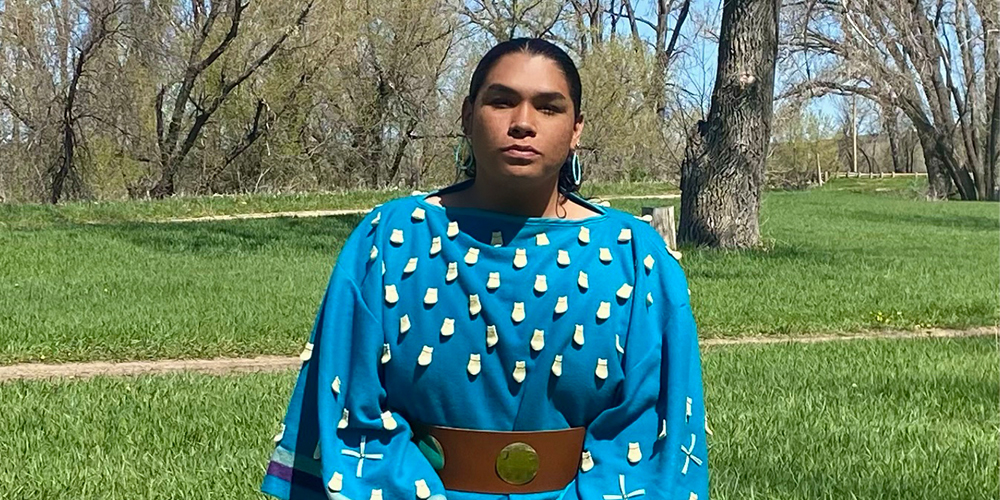
Lakota Tradition
As legislators continue to target trans youth with exclusionary policies and removing access to life-saving healthcare, this Lakota youth camp affirms the value of Two-Spirit people.
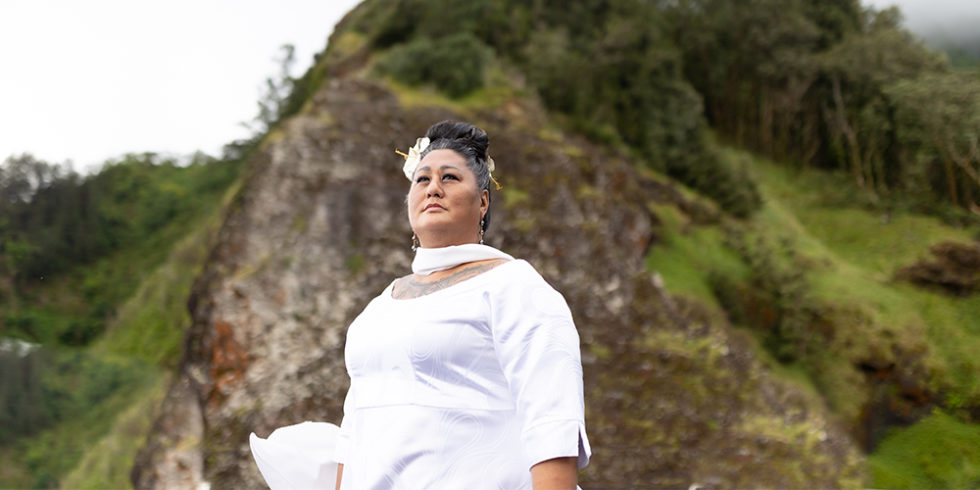
Māhū Resurgence
In 1893, a violent coup led by American settlers overthrew the Hawaiian kingdom and the lands were illegally annexed into the U.S. The American occupation suppressed cultural knowledge and the sacred role of trans leaders has been steadily lost. Over the years, trans leaders have reclaimed their Indigenous roles as māhū.
Data
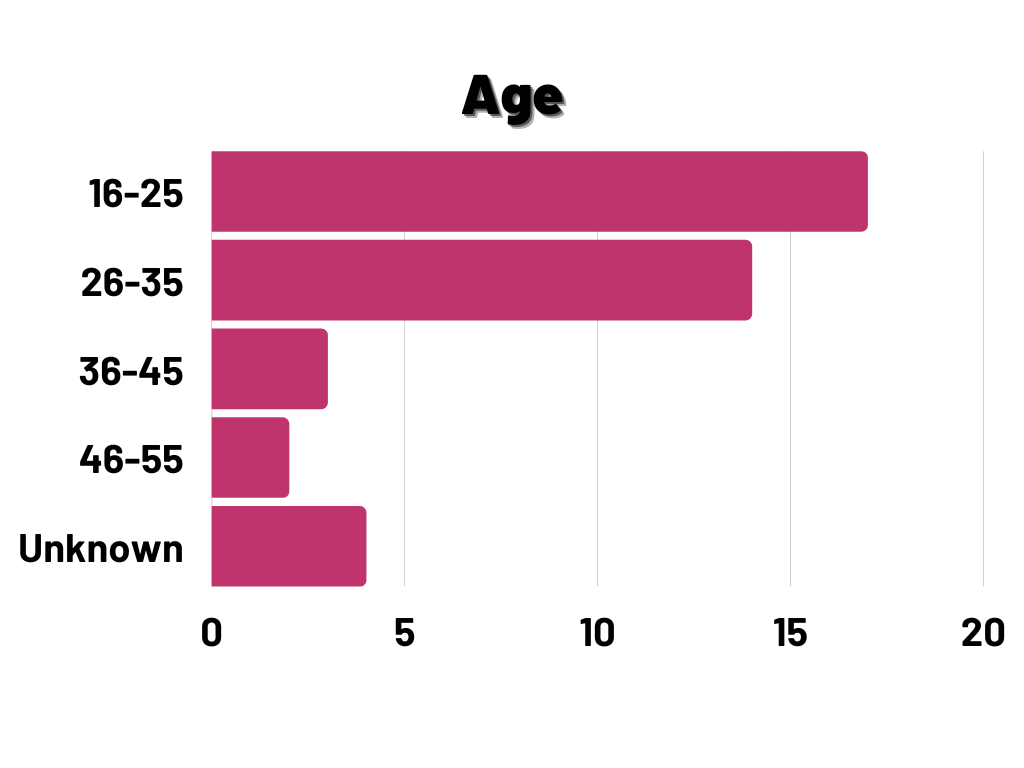
Since 1990, based on our research, there were at least 25 trans and Two-Spirit Indigenous people killed or missing. The average of death or disappearance was 27. If we are to include Puerto Rico, the number of people killed or missing would be 40, with the average being 22.
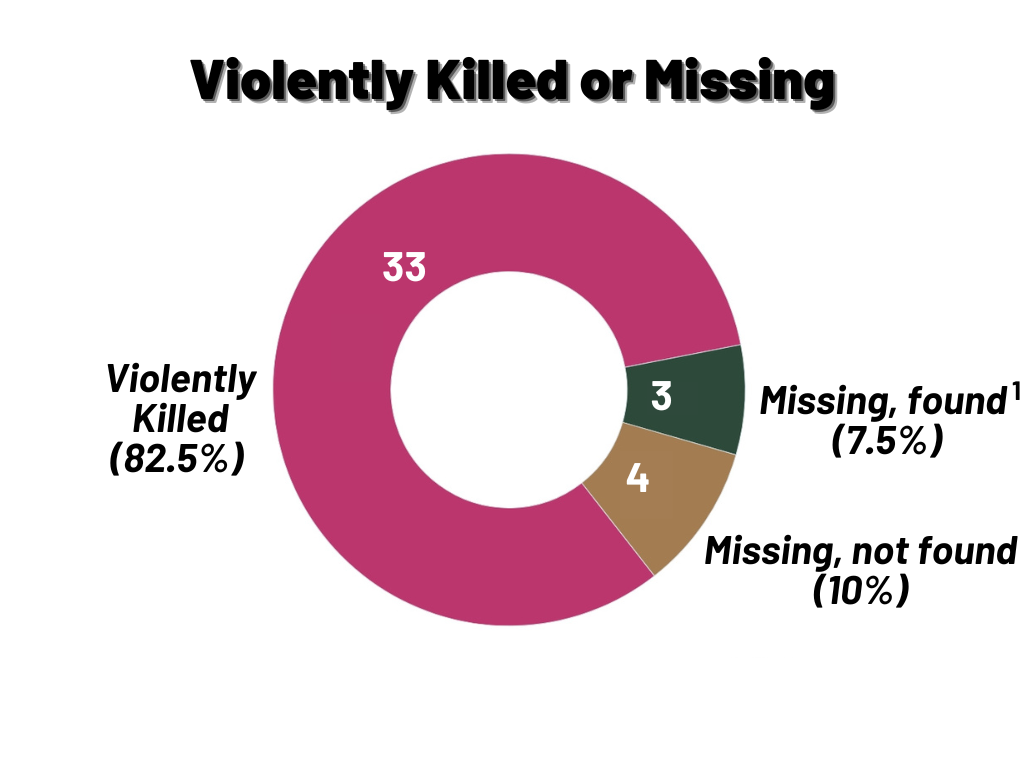
We use the language “violently killed” because “murder” is a legal designation. Many of these cases remain unsolved.
¹ Missing, found denotes folks who were missing for a considerable period of time but were later found and safely returned home.
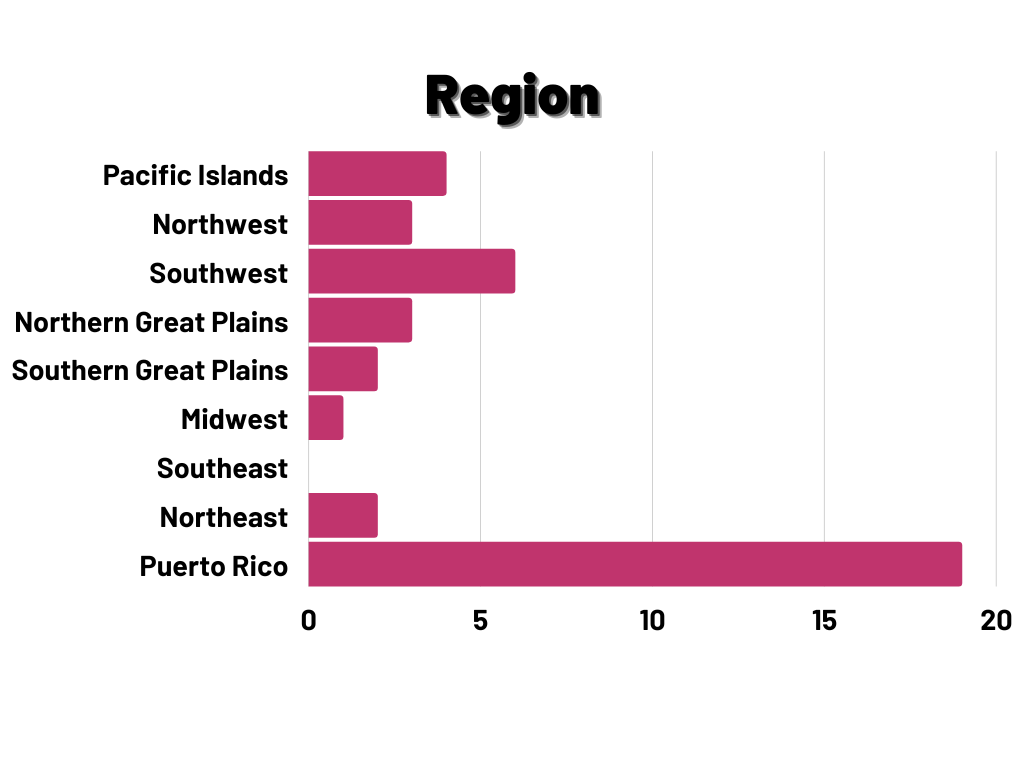
Last year, we analyzed how American imperialism against folks in Puerto Rico magnified anti-trans violence. We included that data in this year’s reports to acknowledge Indigenous lineages on the island.
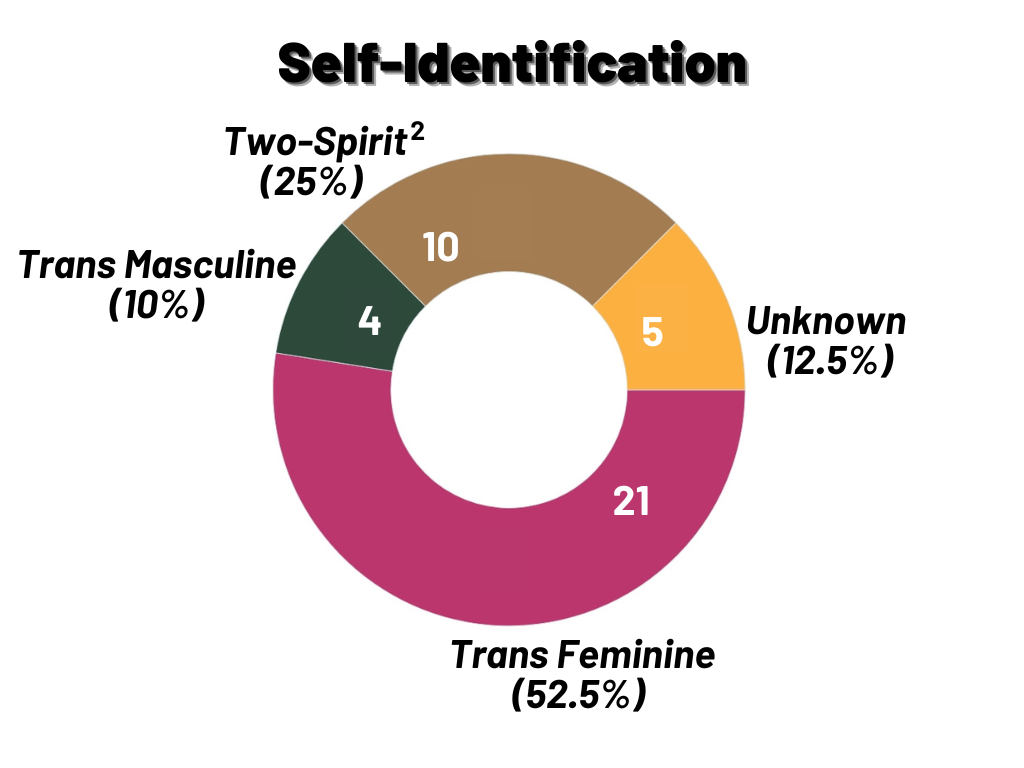
Native communities are varied, with unique histories, customs, and belief systems. Each has a different understanding of gender.
² While we say trans and Two-Spirit as umbrella terms for gender variance, we acknowledge that true representation of specific nations and tribes requires further attention paid to the language and beliefs of each.
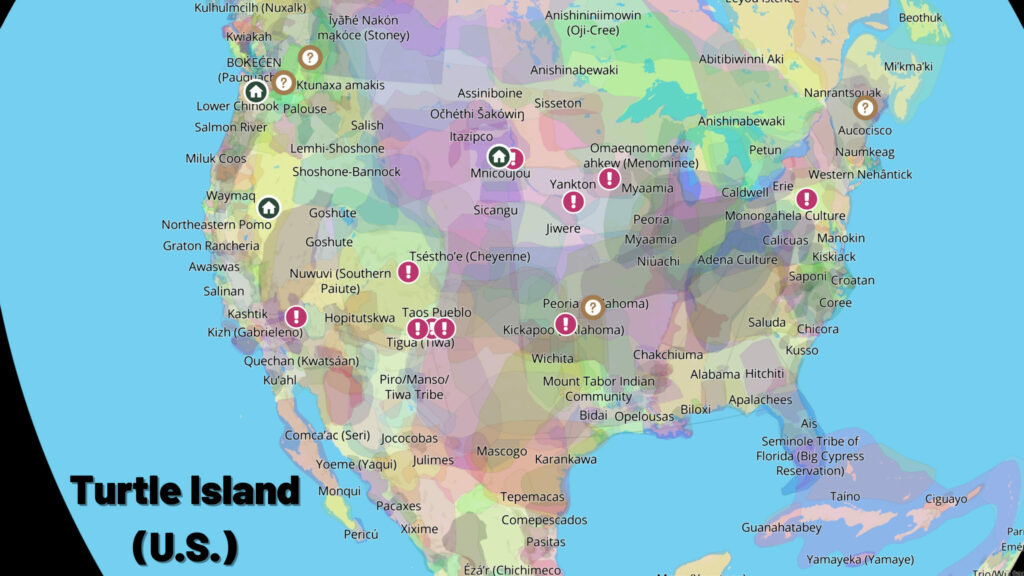
Credit to native-land.ca for the Indigenous maps used here and in our header.
Zoom in for a more detailed look at each region.
